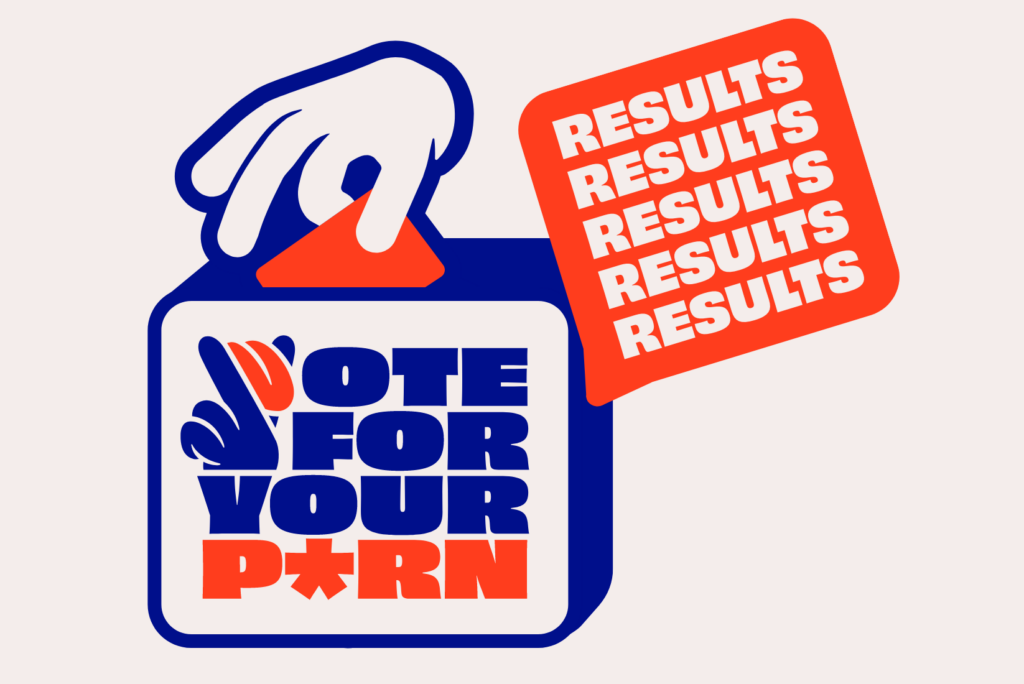The enriching role intimacy and sexual desire has in our lives is something everyone has a right to engage in and enjoy. However, for someone with a disability, access to sexual pleasure and human touch can be an ongoing challenge. Disabilities present themselves in a broad range of ways, from being visually and audibly impaired, to having a chronic pain illness or a form of paralysis, depression or autism. Over one billion people in the world have a disability; that’s 15% of the population. Yet we rarely see disabled people represented in news, media or entertainment. This results in a lack of common knowledge about disabled people’s desires; sidelining their sexuality and silencing their needs. By taking a closer look at the presentation of mental, sensory and physical disabilities, we explore the array of options that can support and secure sexual satisfaction. And spotlight experts who are showing how sexual desires can be fulfilled and explored by every body.
The Conversation
Whether it’s you, your hot new flame, or someone you care for that has a disability, the golden rule remains the same – ‘communicate’. When you have a disability and want to experience sexual satisfaction, insecurities, verbal cues, genitalia dysfunction, or physical positioning can feel like impossible barriers to overcome. But working around these challenges by finding alternatives is always possible, it just takes a bit of time and patient exploration.
You can start by indulging in your fantasies, questioning what areas of your body you feel comfortable sharing, and what your boundaries and needs are. Write these things down (or ask someone you trust to help you) and practise communicating them out loud. This will help to set a framework around your needs, making it easier and clearer to find safe and supportive ways to fulfill and satisfy those sexual desires.
Disability Awareness
It’s important to recognise how mental disabilities are often harder for people to identify. For many people, they can go years before being diagnosed with conditions such as bipolar disorder, depression, autism and aspergers. As awareness grows around mental health and disabilities, educate yourself on how to be sensitive to other people’s needs. And continue to practise consent by discussing your boundaries with friends and partners. If you’re new to the dating world, then check out the growing number of events and online networks for people with shared disabilities to connect and socialise (more information to come below).
As a carer or parent of a disabled person, conversations about sex and sensuality can be difficult and embarrassing. However, finding ways to facilitate the sexual needs of the person you care for provides them with agency. By creating space for sexual orientation, desires, and bodily sensations to be explored and understood, independence is granted to the person. And the more enjoyment they can experience for themselves, the better. You can get help by researching disability friendly sexual services, and communities that focus on the sexual wellbeing of disabled people.
Alternative ways to give and receive pleasure
One of the wonderful things about erotic stories and porn is that it feeds the imagination with new, sexy ideas. However, not everything we see is possible for everybody. This can be due to the inability to move parts of the body, including the genitalia, or the discomfort caused from certain sensory touch. There are many alternative ways to obtain pleasure besides penetrative sex. Most of which you can do on your own as well as with other people.
Whether you’re exploring sensual contact on your own or with someone else, consider how to activate those senses. Perhaps certain fabrics feel good against your skin, or the smell of fruit and essential oils help to elevate your arousal levels. Maybe the idea of a certain outfit or dressing up as your favourite character adds some spice to your life. Whatever it is, let yourself use that imagination and find ways to bring the sexy vibes into your day. And don’t forget the wonderful world of sex toys. A great hands-free, non penetrative option is the ‘Ruby Glow’ vibrator which is designed to be sat on in a wheelchair friendly manner. There are love chairs and rider mats to help mobility and stability, strap on thigh harnesses if pelvic thrusting is difficult, and plenty of vibrating objects to put…well, anyone you fancy really.
Thinking yourself to orgasm
That’s right, you heard me. Thinking yourself to orgasm is a hugely beneficial way of accessing your sexuality without relying on genital stimulation. It can help people with cerebral palsy, spinal cord injuries, and other impairments that leave them unable to experience an orgasm via their genitalia. But it’s something anyone and everyone can benefit from, so give it a go next time you’re taking a nap.
To think yourself to orgasm, begin by fantasizing about anything that arouses you. The sexier the better! CHEEX has plenty of stories to feed that imagination from honey dripping over bodies to kinky group sex. With the sexy thoughts running through your mind, find an erogenous zone on the body. This could be your ear, your palm, your lip. Have a feel and find your spots. If you’re unable to move your hands or tongue, ask someone you trust to help explore your body gently and slowly until you’ve found the sweet spot. The third step is to combine the two methods. Use your imagination and turn yourself on through thought, then gently stroke your special erogenous zone. Upon climax, you can expect a more head down experience than when experiencing an orgasm through genital stimulation.
Self Worth and Sex
Prioritise your pleasure, and know that your sexual needs are valid and worthy. Relieve any pressure you feel to perform for someone else’s satisfaction and be gentle with yourself in what your body and mind are capable of. It’s a heartbreaking reality that many people with disabilities will experience more medical touch than sensual touch on a day to day basis. But this doesn’t have to be the case.
Many platforms around the world are working hard to help accommodate disabled people’s access to their sexuality. TLC Trust is a UK based sexual service run by and for people with invisible and visible disabilities. They connect people with sexual and intimate services, such as trained sex workers, and enable access to sensual experiences. Similarly, Handi is a platform offering sexual health products and services for people with disabilities, as well as podcasts with sexpositive disabled folk.
Not Half Bad by Himeros TV.
So whether it’s you or a loved one with a disability, let yourself sink into the solutions waiting for you around the corner. You can start by watching CHEEX’s tutorial video about ‘Pleasure Mapping’ and finding out where your erogenous zones are. Followed by the beautiful documentary ‘Not Half Bad’ about a double amputee and his partner sharing their passionate love making journey. Simply sit back, relax, and see where your imagination takes you.









